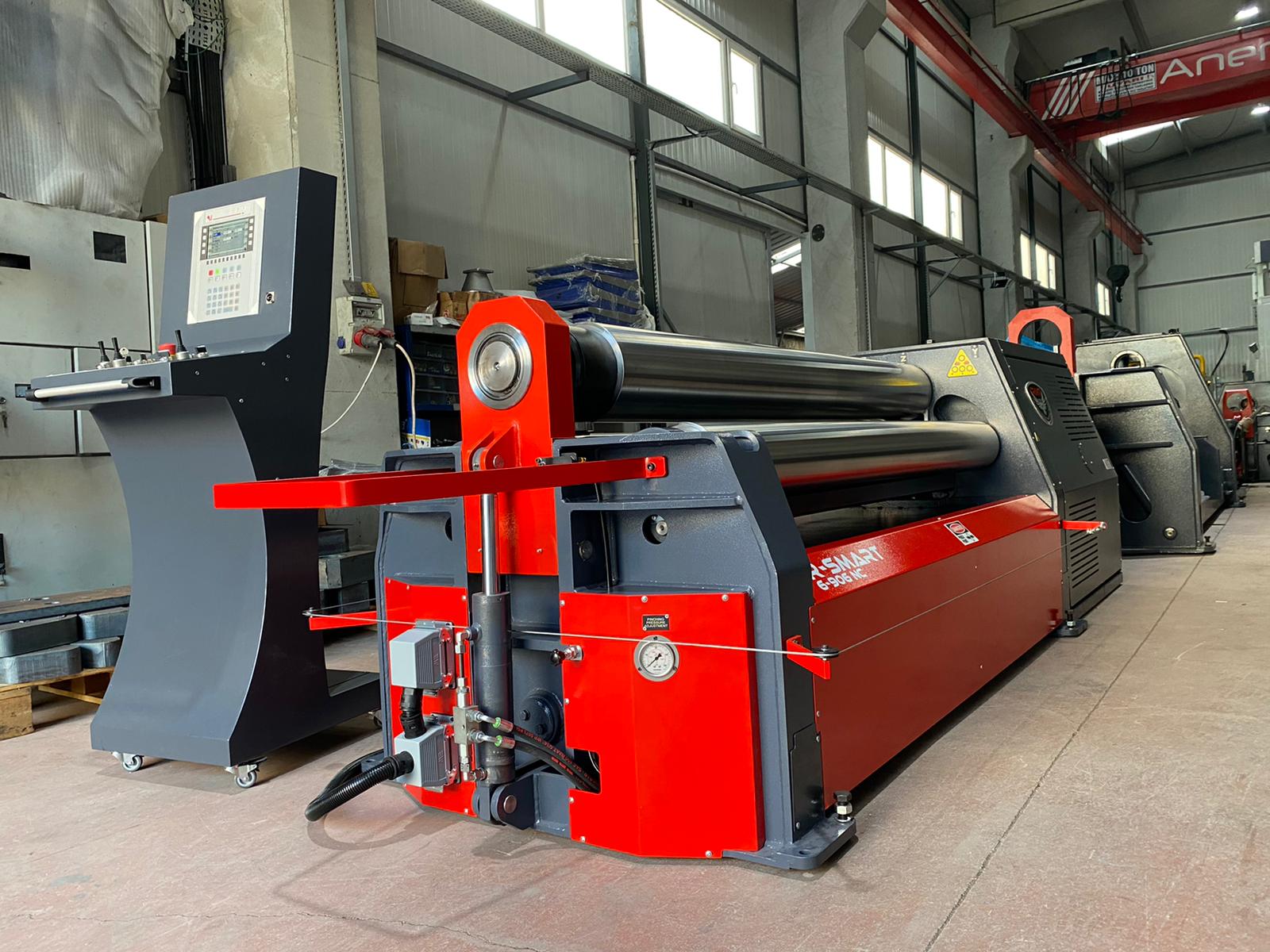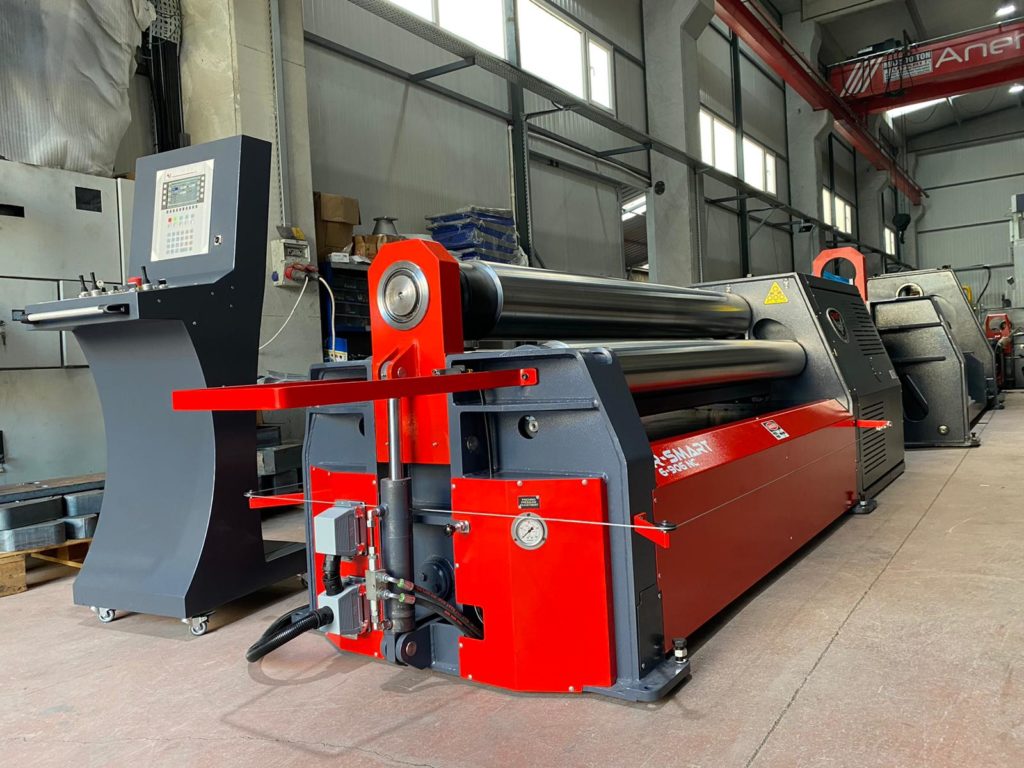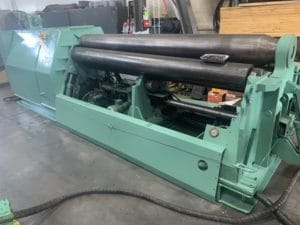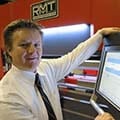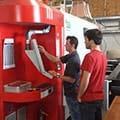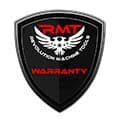To Buy New, or To Buy Used? That Is the Question
Which is the better choice for a fabrication shop—buying new or used machines? The answer, frankly, is “yes”—both are better choices in different circumstances. While modern fab shops may want to have the best and the brightest new machines on their floor to show off to customers, they won’t stay pristine for very long once they are put into production.
The best solution is for a shop to find the most ideal machine, for each fabrication process, then refurbish any used machines and keep the shop as clean as possible. If a shop orders all their new equipment from the factory in their company colors, it’s still not a problem. When they buy a used machine, they just need to have some paint on hand to match and a good maintenance crew who can make everything look like they belong together.
To determine whether new or used machinery is the right choice for your specific needs, looking at the advantages of each may help you make a more informed decision for each piece you want to purchase.
Advantages of Buying New Fabrication Equipment
- What you see is usually what you get.
- The latest technology, giving a company a competitive edge.
- May be more enticing in the eyes of prospective new clients.
- Often more flexible in adapting to a wider range of customer requests.
- A longer machine life in most circumstances.
- A manufacturer’s warranty (often on labor as well as parts).
- A greater trade-in value.
- Lower maintenance costs, even without a warranty.
- Replacement parts are readily available.
- Service techs are available in the industry that have been trained on the machine.
- Often more user-friendly and safer, creating a better environment for employees.
- More likely to be faster, more precise, more powerful, and more efficient.
- May qualify for better tax exemptions or government grants.
Advantages of Buying Used Fabrication Equipment
- A substantially lower cost than new (not to mention a better chance to negotiate price).
- The ROI (return on investment) for buying used is usually faster and higher.
- A shorter lead time when purchasing.
- Sometimes more readily available than new, a real boon when a shop is in a time crunch.
- Carried by a wider range of vendors, from equipment dealers that have taken machines in on trade to individuals wanting to sell an old machine online.
- A well-maintained piece of used equipment can often have a surprisingly long service life.
- Already broken in, so theoretically ready to be put into production right away.
- Often a simpler operation, making it easier to train operators.
- Some used machines can be easily and affordably upgraded to the latest technology.
- Perfect for use in test runs or for short term production.
- Many used machines can be considered collector’s items, adding charm to a shop that will be remembered by customers.
- An as-is machine can be an incredible value to a fabricator who is willing and able to refurbish it.
- Usually not as big of a challenge for a shop with a skilled, in-house service team.
Cautions in the Purchase of Used Equipment
While there are risks with buying new machines, they are easily eclipsed by the many potential hazards of buying used. It’s necessary for used equipment purchasers to literally take to heart the adage “buyer beware.” Here are some key factors to look at before taking possession of any used machine:
- Is the seller reputable?
- Why is the machine being sold?
- Does the machine have a thorough specification list and a detailed description?
- Is the machine listed for an appropriate market price?
- Will rigging or shipping charges be added, or any additional fees not included in the purchase price?
- Can the seller produce proper documentation for the sale?
- Is the machine still under any kind of warranty?
- If purchased from a machinery dealer, will they offer a 30-day money back guarantee?
- If purchased from a dealer, can they offer a maintenance contract with the machine?
- Can the seller provide any history of the machine before it came into their possession?
- What types of jobs was the machine used for by the current owner?
- Does the machine come with its original manual?
- Does the machine come with parts lists and diagrams?
- How old is the machine?
- How many service hours are on the machine?
- Will the seller let you inspect the machine?
- Will the seller allow you to have a maintenance technician inspect the machine?
- Will the seller allow you to run parts on the machine to test it?
- Will the seller allow you to talk to previous operators freely about the machine?
- Does the seller have a complete maintenance log for the equipment?
- Have any major repairs or refurbishing been done to the machine?
- Does the machine have any upgrades or customizations?
- Does the equipment have appropriate safety devices already installed?
- Are there any signs of cracking or wear in the stress points of the machine?
- Are there signs of post-production welding or other alterations to the equipment?
- Is there any indication of fluid leakage on or around the machine, including stains on the floor?
- How much maintenance do you estimate the machine will need before being put into production?
- Does the manufacturer still supply replacement parts for the machine?
- Does it come with all the original tooling?
- Is replacement tooling available?
- Is the seller upfront about any defects?
- Does the seller have a list of specific problems or issues with the machine, including odd noises or rattles?
- Does the machine have any liens or legal liabilities against it?
Invest for the Future
Whether you purchase new or used fabrication equipment, always keep in mind that you are investing for the future. While there is an allure in buying “old iron” for your shop because of the craftsmanship of yesteryear, there is always the chance that you are picking up a machine that may need to be scrapped in a matter of months. Always be sure to check with a reputable machinery dealer and learn about all the options and incentives available with new equipment and weigh those against the potential risks of used before you commit. Whether new or used, the machines that will allow you to meet your customers’ expanding needs in the coming years are the ones you will want to find a good home for in your production facility.
